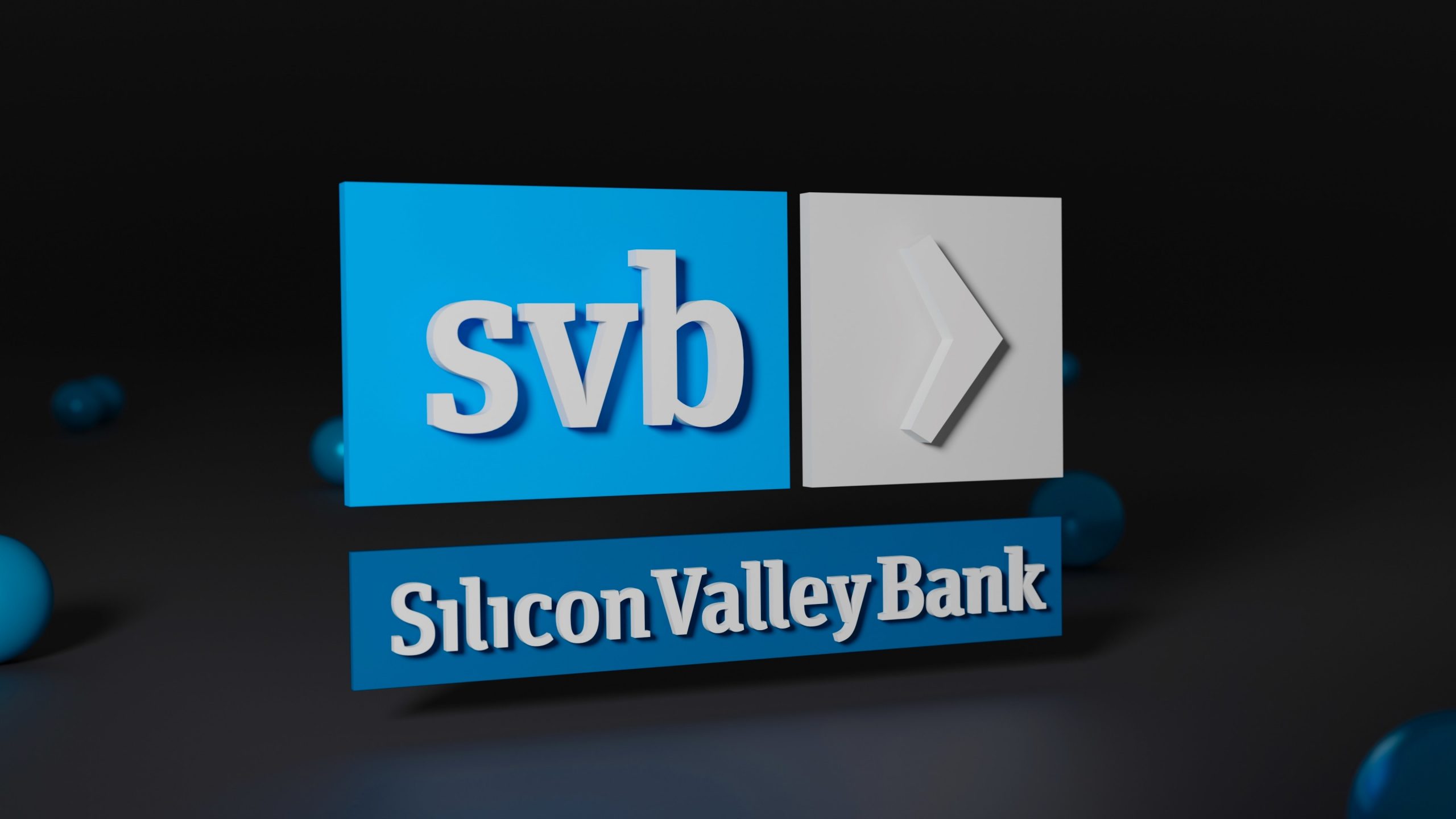Below we have reproduced an article in the September issue of the NED magazine – ned-sept-2016-risk-article-2
Perhaps the most important current development in alternative fund governance is in what is happening at fund board level on risk.
Traditionally boards have had little to no proper information on risk at all. Most boards might get a report from the fund manager on how they have done in the last quarter and how bullish they feel about the next one. But this approach is in the process of becoming a thing of the past.
Few would doubt that risk supervision is becoming a more important part of a fund board’s responsibility – especially in Europe since the arrival of AIFMD. In Europe fund boards need to be able to demonstrate that they have robust and well established risk supervisory functions in place for investors and regulators. Investors in this regard are just as important as regulators.
The NED has heard many times that large institutional investors, and consultants who act on their behalf, are asking more and more questions in this area. Regulators like the CBI in Ireland and the CSSF in Luxembourg are taking a much closer interest in risk supervision since AIFMD came on the scene. As reported in this month’s News The NED has heard that the CSSF has written warning letters to Luxembourg based ManCo platforms on this topic. One may well be closing as a result.
In the EU boards are ultimately responsible for risk and they need to understand what’s going on – even if they have appointed an advisor on this topic. If it all goes wrong the regulator will want to know what decisions the board took and what records it has.
Ireland’s CP 86 stipulates that boards have to have a designated risk director. The risk director has to be independent of the investment manager and portfolio management function. Irish legislation says that boards can’t rely on the risk figures from the investment manager.
At The NED’s Risk Forum this summer many made the point that much of this recent regulatory activity has generated more heat than light. There is now too much noise around board risk issues which prevents real supervision occurring. The point is that the board is there to supervise, not to play the role of another risk manager at the fund. As a result, as Peter Cripwell of RiskSystem said, boards should just focus on a few key metrics, such as how much leverage the fund has, is it taking twice the risk, or half the risk, that it should be to say track, say, the S&P. He suggested that boards need simple and easy to understand metrics. They should have a good idea of the risk profile of the fund but this should be presented in a short document, with a risk appetite and a risk limit.
One of the conclusions of The NED’s Risk Forum this summer was that most directors are still feeling their way on this topic. And allied to this is the view that there is no consistency in approach, even in heavily regulated markets like Ireland and Luxembourg. The same point applies in the Channel Islands. The NED hosted roundtable discussions on risk supervision in Guernsey and Jersey this spring. One of the things that came out of these discussions is whether some sort of risk supervisory standard could be created for fund boards.
In the meantime providing investors with a standard set of questions that they can include in their due diligence of a fund’s governance standards would be helpful, many said. The current focus on board risk supervision is part of a long term trend; the direction of travel is clear. This may well be the biggest issue to hit fund boards since The NED started five years ago.
Today Europe, tomorrow the world. What is happening in EU jurisdictions and the Channel Islands is also beginning to occur for Cayman funds. The point is, worldwide, alternative fund boards are putting more effort into ensuring that their risk supervisory skills are up to scratch. The reason for doing this are clear: it will help assure investors, as well as keeping on the right side of the regulator (particularly for regulated AIFs in the EU).




